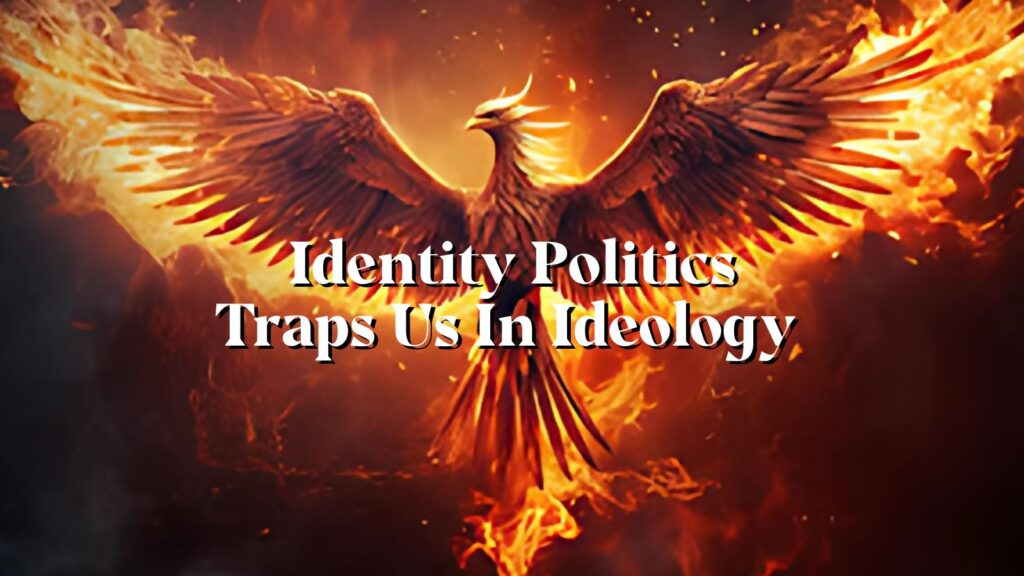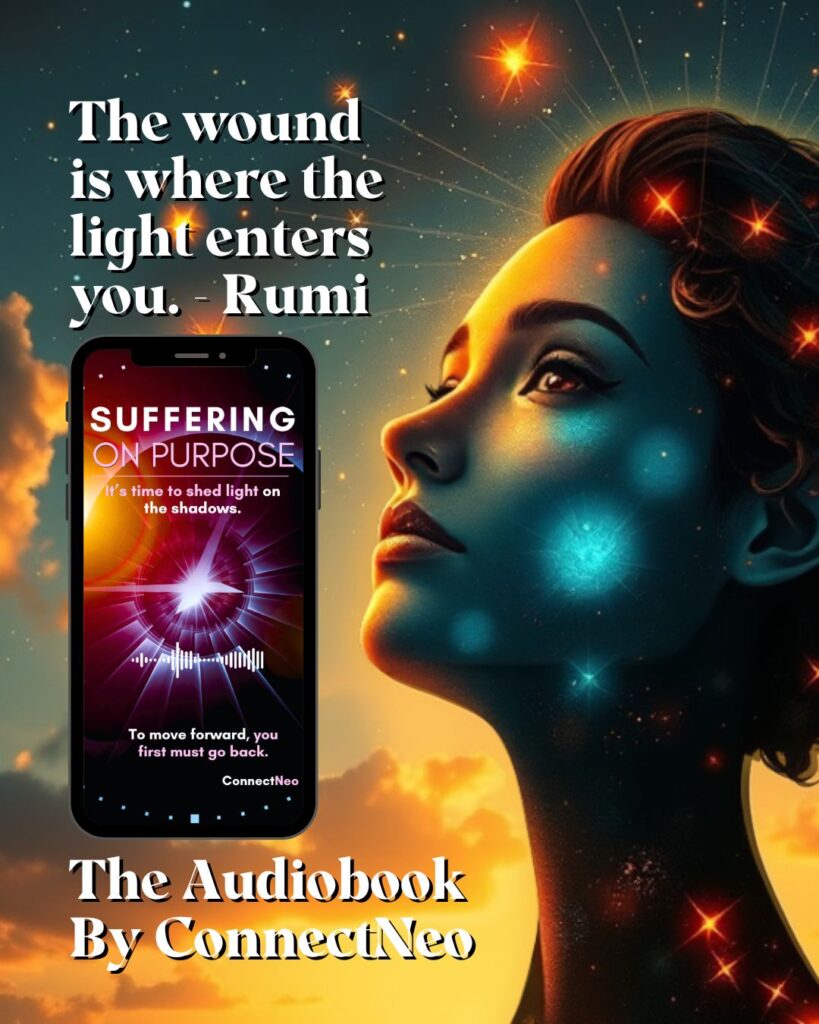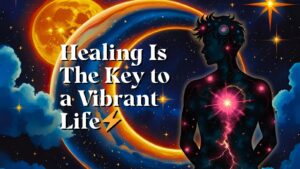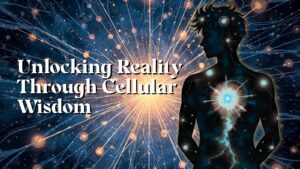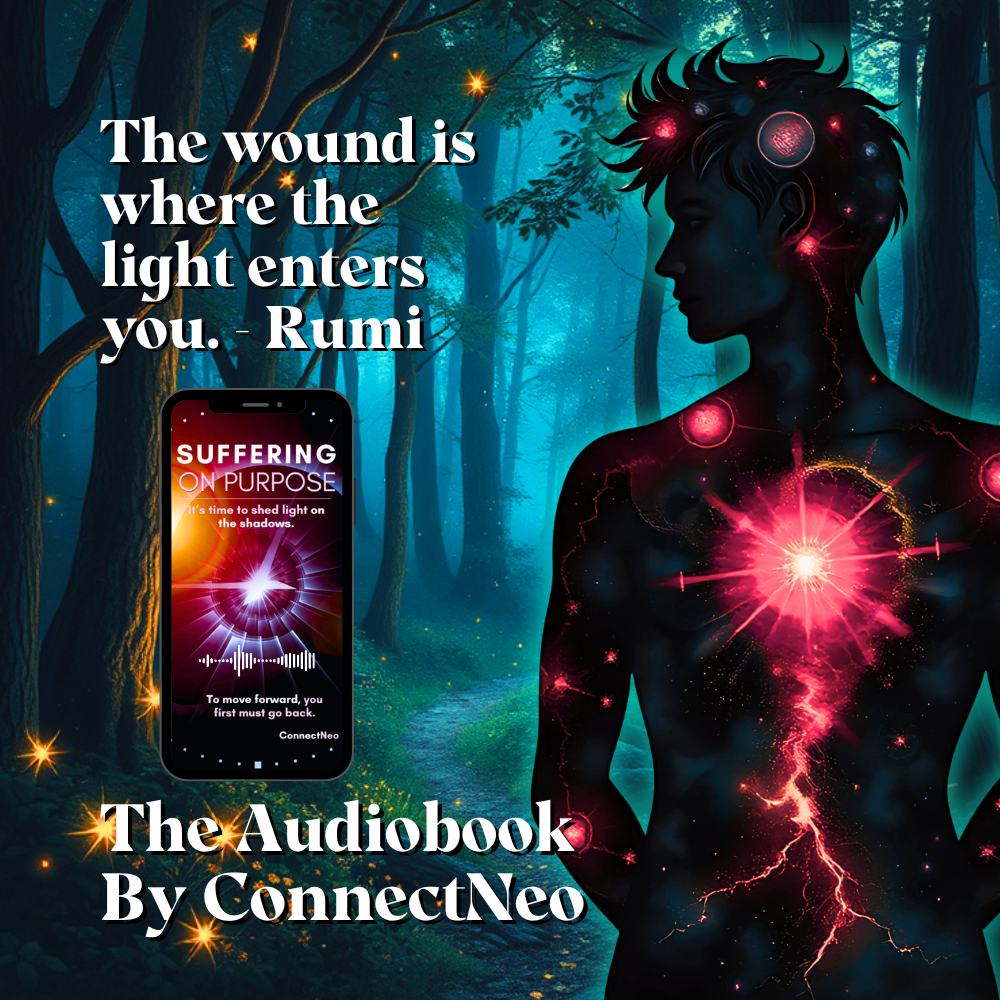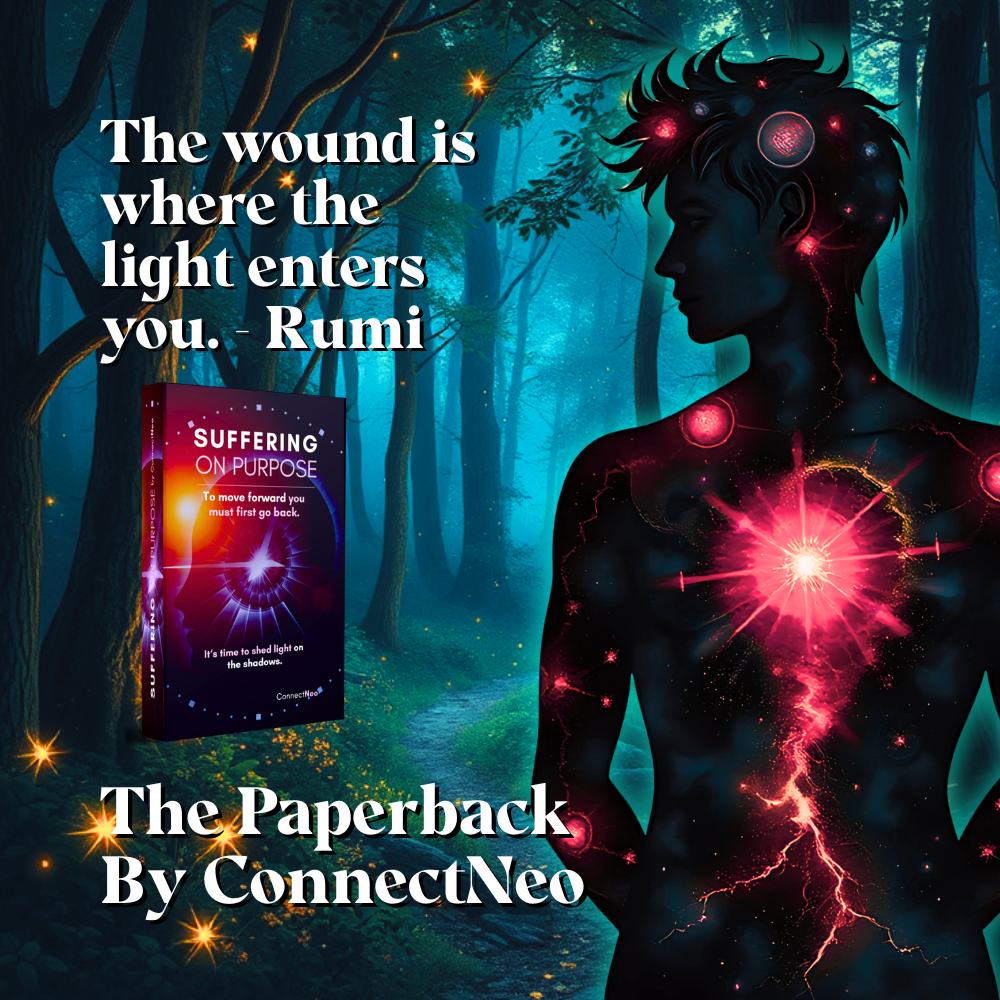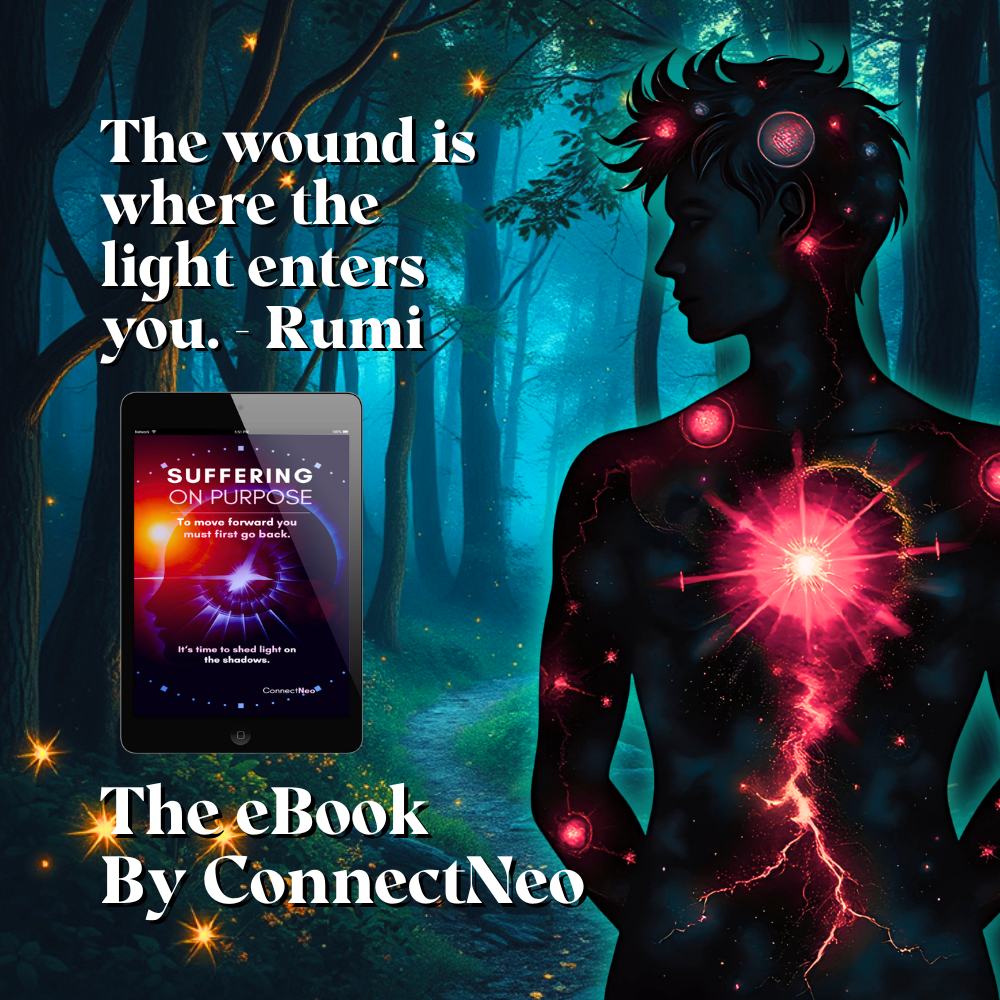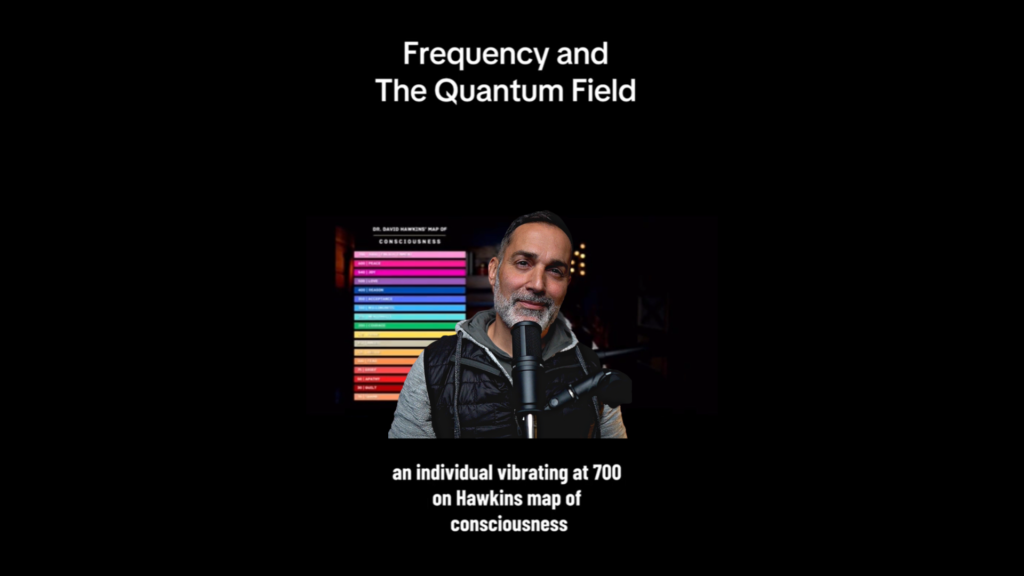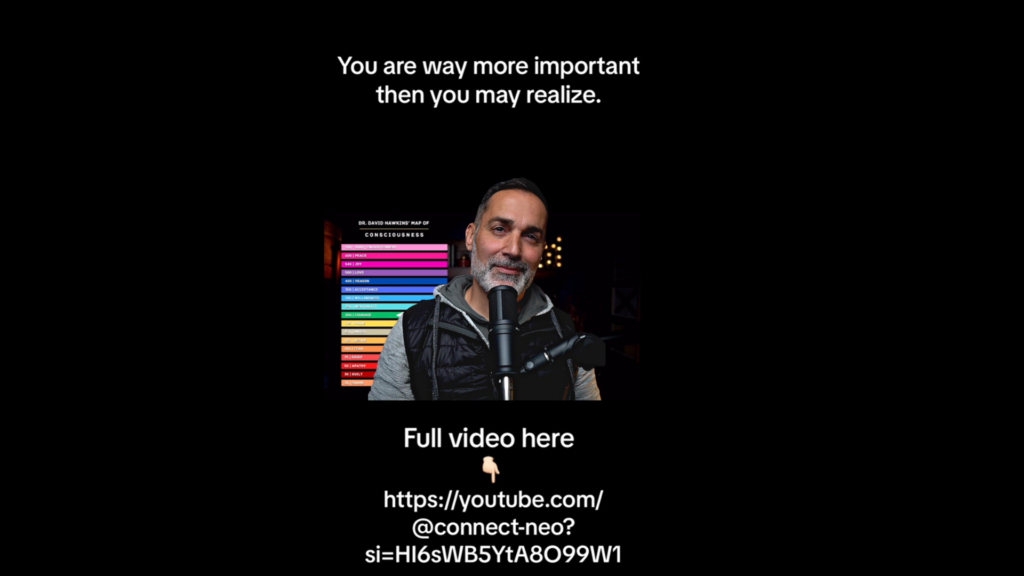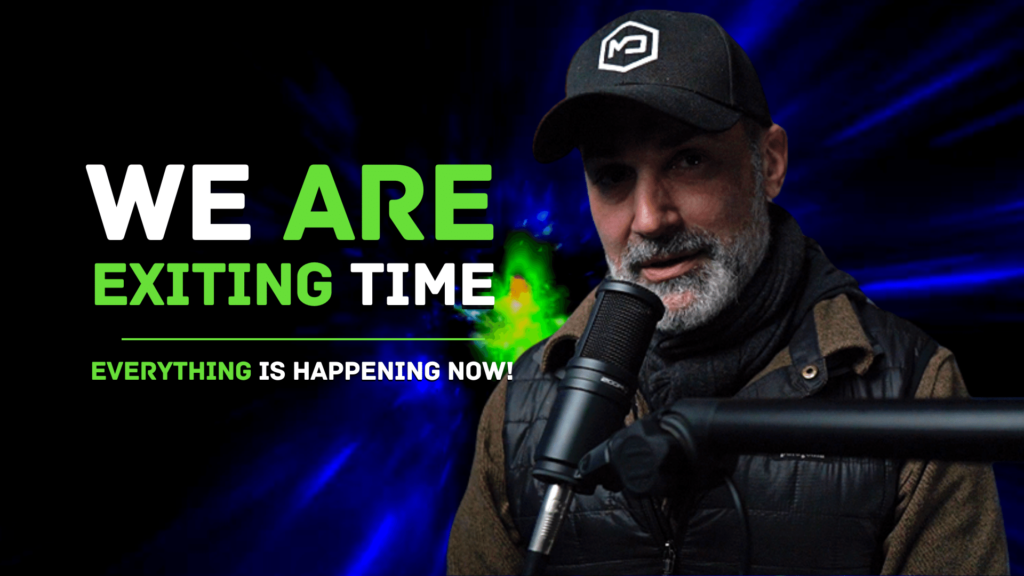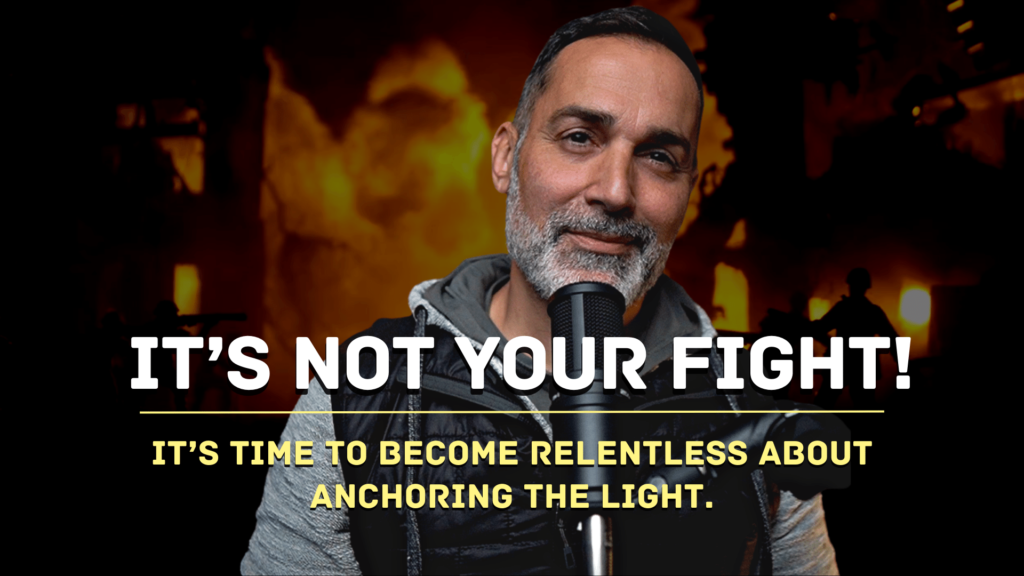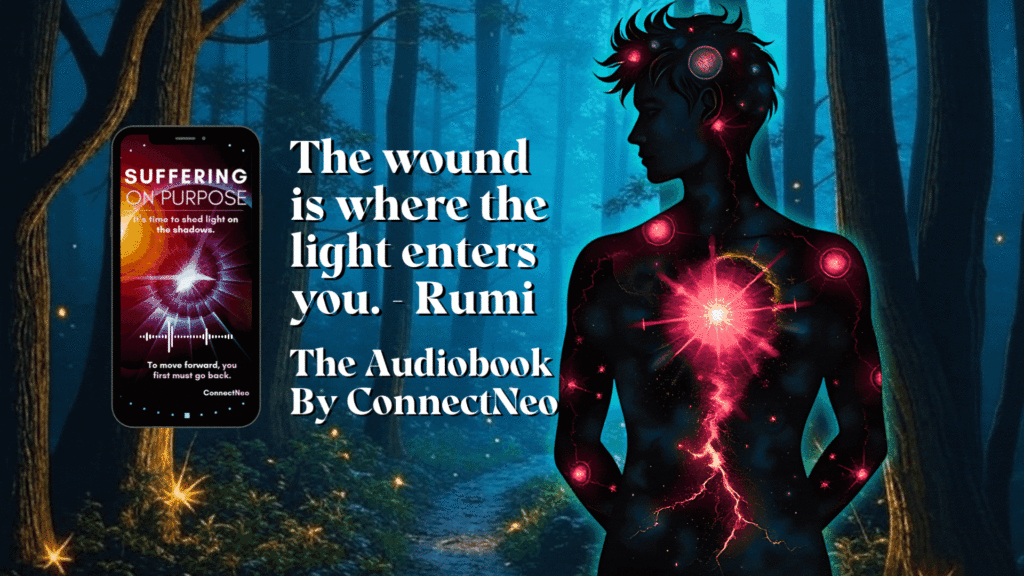Identity Politics Traps Us In Ideology Over Hearts’ Desire. Identity politics, a framework that prioritizes group affiliations like race, gender, or sexuality in shaping political and social discourse, has become a dominant force in modern society. A rigid ideology that overshadows individual desires and authentic self-expression this phenomenon traps people in prescribed narratives, distancing them from their heart’s true calling. At its core, identity politics organizes people into categories, each with its own set of grievances, values, and expectations. These categories—whether based on ethnicity, gender, or other markers—come with pre-packaged ideologies that dictate how members should think, act, and feel. For example, aligning with a particular group might pressure someone to adopt specific political stances or cultural attitudes, even if those don’t resonate with their personal experiences or aspirations. This creates a tension between collective identity and individual authenticity, where the group’s narrative supersedes the heart’s quiet voice.
The mechanism is subtle but powerful. Identity politics leverages social pressures—belonging, validation, or fear of ostracism—to enforce conformity. When someone’s sense of self is tied to a group, deviating from its ideology risks social exclusion or accusations of betrayal. For instance, a person might feel compelled to champion causes that align with their group’s platform, even if their heart yearns for something different. This dynamic stifles self-discovery, as individuals prioritize group loyalty over introspection.
Moreover, identity politics often amplifies external validation over internal clarity. Social media and public discourse reward those who loudly signal their allegiance to group ideals, creating a feedback loop where people perform ideology rather than explore their true desires. The heart’s desire—often messy, nuanced, and deeply personal—gets buried under the weight of collective expectations.
This ideological trap also distorts relationships. When identity categories dictate interactions, genuine connection suffers. People are reduced to representatives of their group rather than individuals with unique dreams and struggles. This can lead to a kind of spiritual disconnection, where the heart’s longing for meaningful, unguarded relationships is replaced by performative alliances or tribal conflicts. The result is a society where people feel more isolated, despite being hyper-connected through shared ideologies.
Breaking free requires courage and self-awareness. It starts with questioning the narratives we’ve inherited from our groups and examining whether they align with our innermost desires. This doesn’t mean rejecting identity entirely—our backgrounds shape us—but rather refusing to let them define us. Practices like journaling-connects the hands to the mind, for the inception of a thought – meditation, or open dialogue can help reconnect us with our heart’s voice, which often speaks in whispers beneath the noise of ideology.
By prioritizing group loyalty over personal truth, we lose sight of what makes us human: the ability to dream, feel, and create from the heart. Reclaiming that space requires us to honor our individuality, even when it defies the expectations of the tribes some call home. Only then can we live authentically, guided by the desires that make us uniquely ourselves
